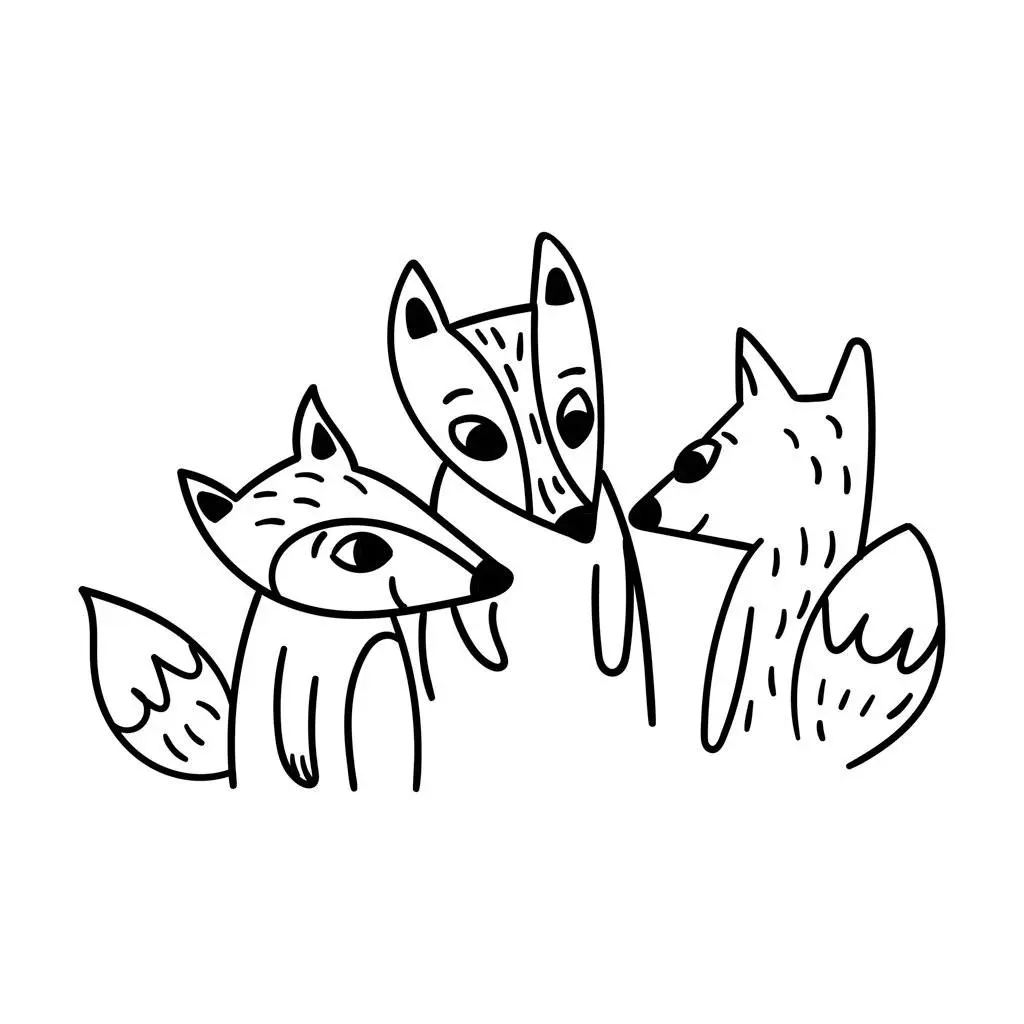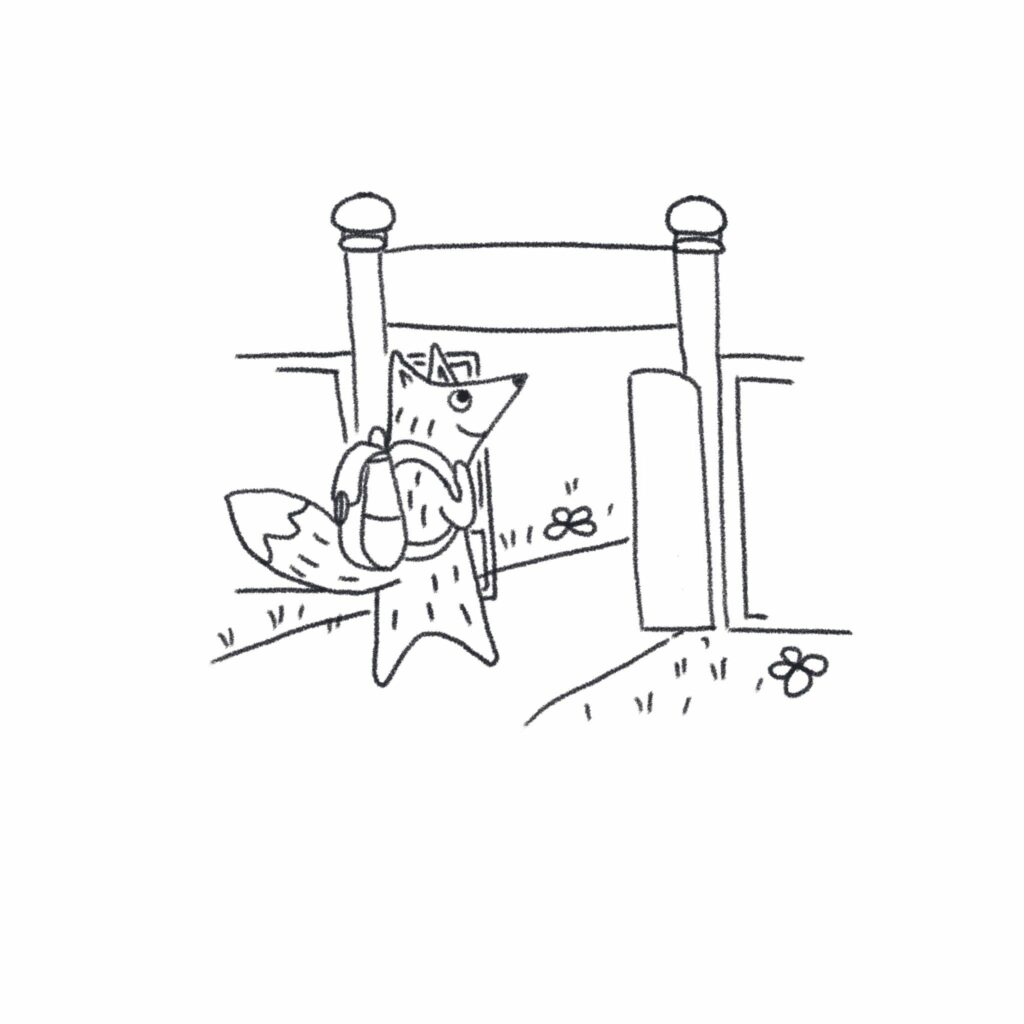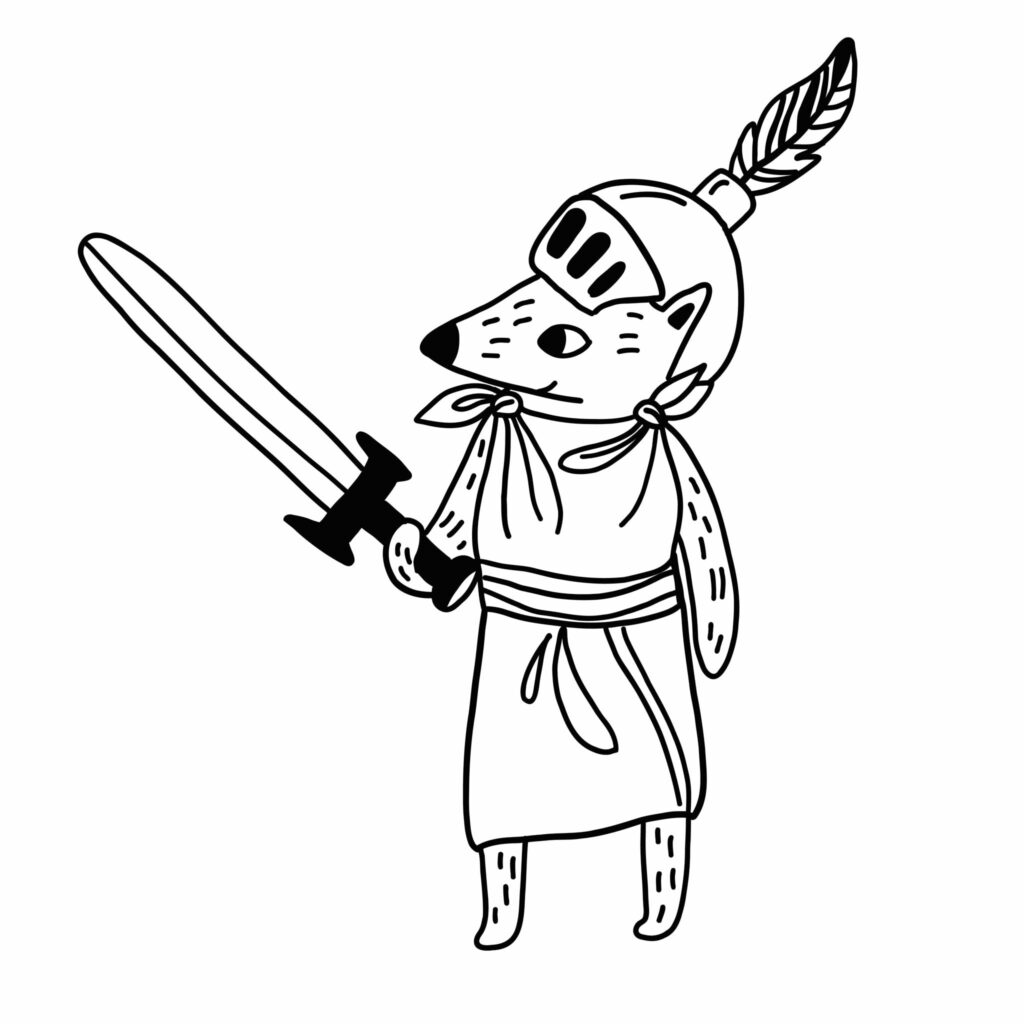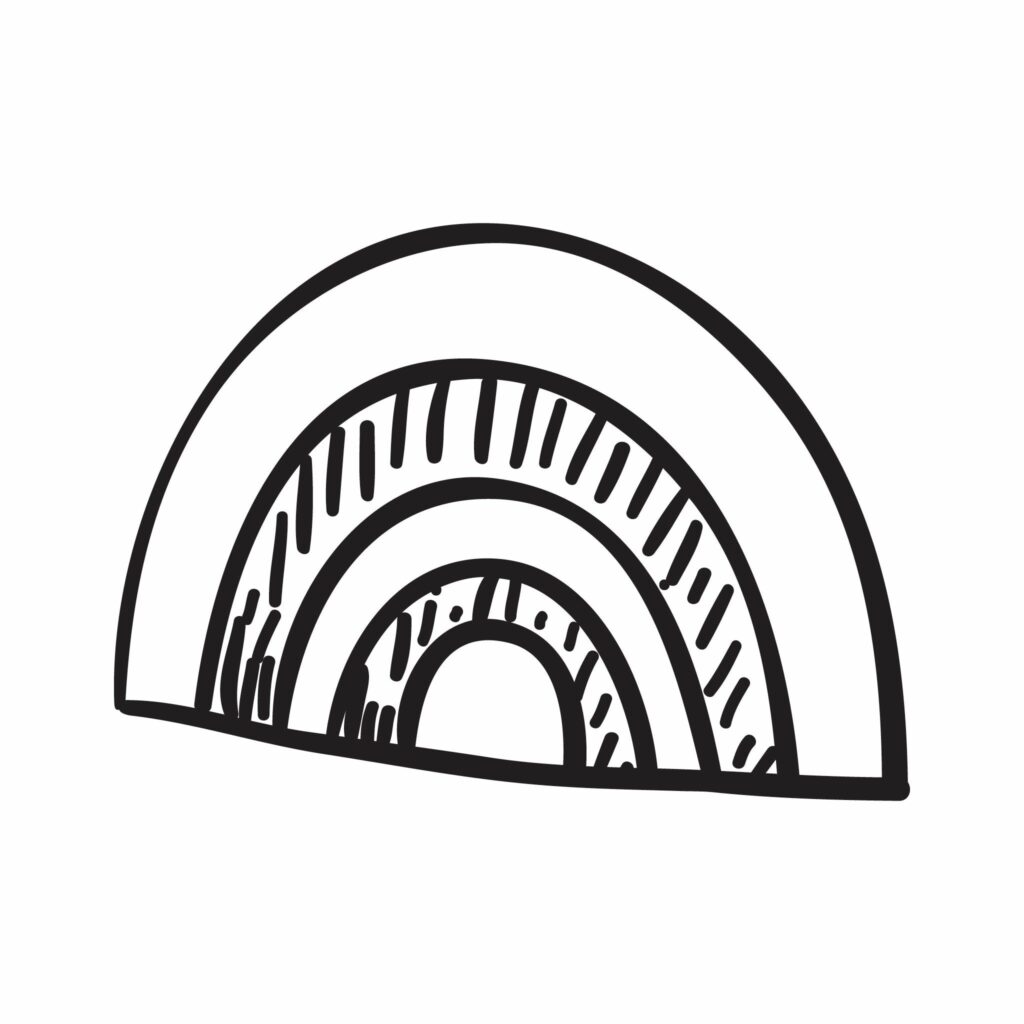Long before your child utters her first words she has developed both a rich vocabulary and a sophisticated understanding of syntax. It’s all in there, waiting to come out. But there are other factors in play, such as the co-ordination required to form the sounds that make up our speech. Only the simplest sounds can be made at first. It’s not a coincidence that the words for mother and father in many of the world’s languages are made from a combination of b, p, m, d, n, the most common sounds in babies babbling: mum, dad, mama, papa, maman, dada, baba.
Once enough sounds can be made, your toddler is ready and willing to engage in all kinds of conversation. Be a patient listener; don’t jump in to correct a word or complete a sentence. And practice sustained shared thinking. Name objects as you talk about them, describe their appearance and properties. Expand your child’s vocabulary, keep devices to a minimum, ask good questions and offer new experiences. Language development comes naturally, but an interested adult can make a huge difference. Children living in ‘language poverty‘ may hear a fraction of the words that those whose families encourage conversation. By some measures they can already be two years behind by the time they start school.
The good news is it’s easy to do. Toddlers are delightful and companionable in equal measure.
What will you talk about today?




